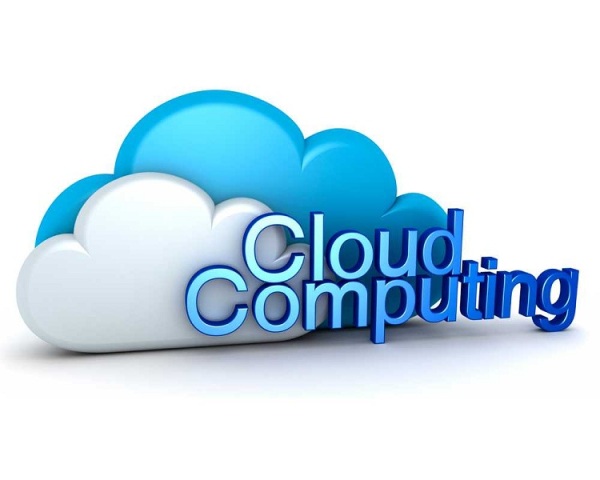Despite all the various pros that embrace cloud computing, it has its own cons to stay away as well. Take a glimpse into this article and find the advantages and disadvantages of cloud computing.
Pros And Cons Of Cloud Computing
Increasing costs are pressurizing the manufacturing companies to take a closer look at the various resources that can provide services to the companies on the internet itself, thereby saving costs and allowing easy access to the stored data. With the advent of technology, computer experts have come up with a new and useful term that can largely save the company’s expenses in storing and accessing their data. Cloud computing is the word. In simple terms, it is the storage of computer data and software on servers (Internet) rather than on individual hard drives. Since cloud computing is a relatively new term and is fast becoming a buzzword, adopting it instantly into a company may not be the wisest choice. Nonetheless, it is best to weigh all the benefits and risks of cloud computing all by yourself to decide what is best for your company. Listed here are the various advantages and disadvantages of cloud computing. Read on. 

Cloud Computing Advantages
Less Cost and Capital Expenditure
Cloud computing largely helps in significant savings for a company. By purchasing the necessary infrastructure, support equipment and communication costs only once, the expenses on the capital are reduced to a large extent. Although vendors and service providers keep dictating about the cost of the services, but with a little window shopping, one can surely make a wise decision.
Scalability
Adding more equipment to a growing company and storing and analyzing the increasing information by internal and external users becomes a constant headache for the information technology department of any company. Initiating cloud computing into the company saves a lot of money and energy in rectifying the situation by simply replacing the equipment that is under contract and expanding it.
Easy Start Up
All applications and infrastructure are attached to the cloud. Hence, to access any of the items, one just has to dial into the cloud. Moreover, the entire thing is very time efficient as all the programs do not have to be installed on every computer.
Flexibility
Cloud computing is virtual. Thus, a company can easily change the amount of bandwidth, the number of users connected to the cloud, and the number of applications available to them at any time as per their convenience.
Cloud Computing Disadvantages
SLA Agreements
The contracts that you make with your service provider are the SLA Agreements. Since these agreements are very detailed, it is essential to verify all the services being defined in the contract. Nonetheless, it is very important to understand the amount that you are paying for the quality of services you are receiving. Any discrimination should be immediately attended to.
Performance
Usually, performance guarantees are listed somewhere in the SLA Agreements. However, you have to make sure that the kind of performance you are expecting is guaranteed by the contract and the cloud is able to deliver the same performance. As opposed to this, if the cloud is not capable enough to support the traffic, the company would be directly affected, especially the revenues and company’s reputation.
Security Issues
Leaking out confidential data and information through the cloud computing system can cause great loss and risks to the company. Thus, security issues is another major demerit of cloud computing.
Making False Promises
Every cloud computing service provider that you come across will promise to deliver your demanded services. However, the reality is that they provide different levels of quality and services when it comes to actually installing them. Thus, finding a reliable service provider is a tiring and time-consuming job.
See also
More from iloveindia.com
- Home Remedies | Ayurveda | Vastu | Yoga | Feng Shui | Tattoos | Fitness | Garden | Nutrition | Parenting | Bikes | Cars | Baby Care | Indian Weddings | Festivals | Party ideas | Horoscope 2015 | Pets | Finance | Figures of Speech | Hotels in India : Delhi | Hyderabad | Chennai | Mumbai | Kolkata | Bangalore | Ahmedabad | Jaipur
- Contact Us Careers Disclaimer Privacy Policy Advertise With Us Lifestyle Sitemap Copyright iloveindia.com. All Rights Reserved.



